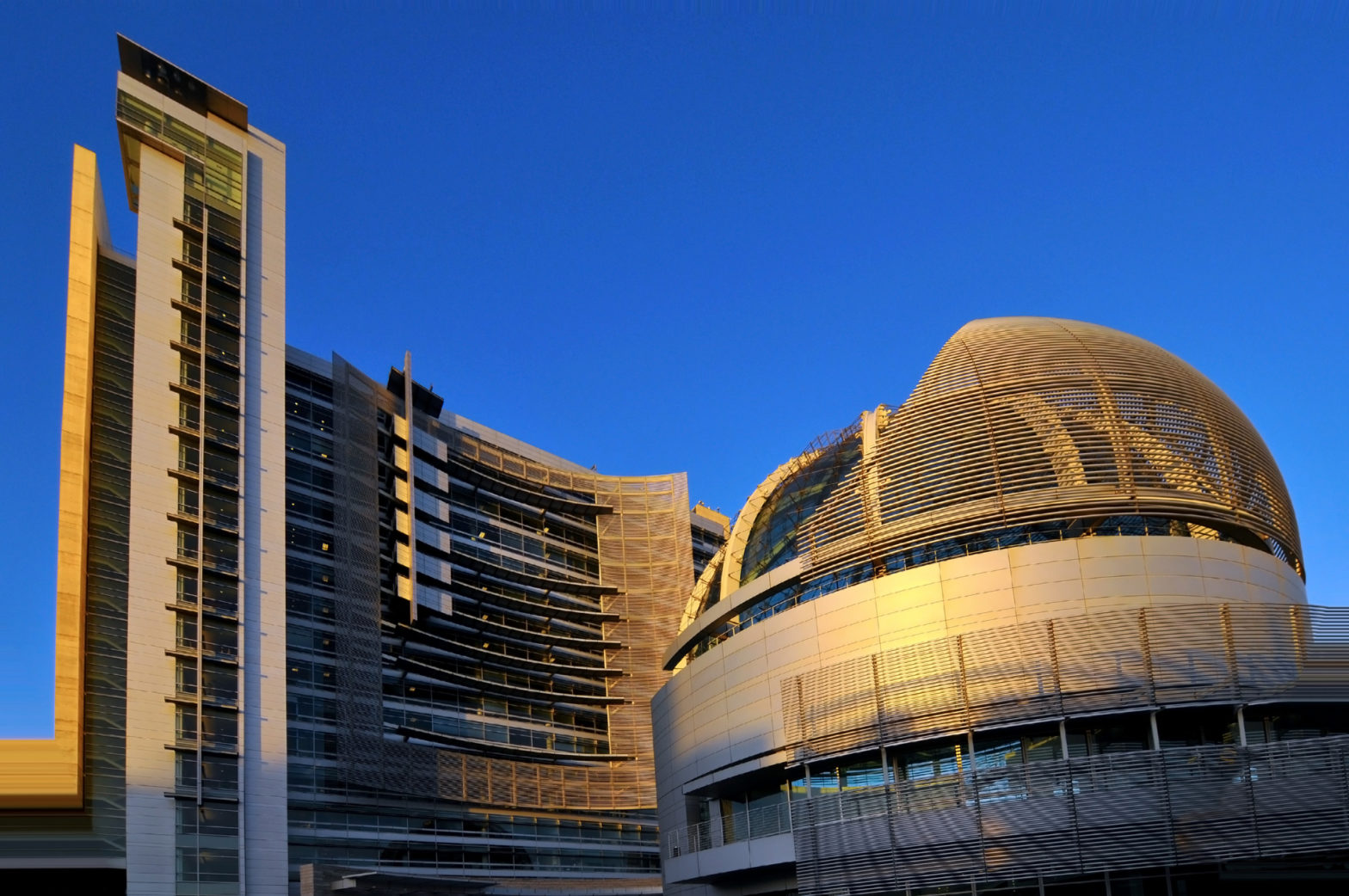
Photo: Kevinncandi | Dreamstime.com
San Diego police bid to reinstate smart streetlights
06 March 2023
by Sarah Wray
Over two years since San Diego cut off access to data from its smart streetlights, the police department has announced that it is holding community meetings to gather feedback on a proposal to reinstate some streetlights. The department also wants to add automated licence plate recognition (ALPR) technology.
From 2017 San Diego began installing 3,200 smart streetlights with cameras and sensors, with stated goals around cost and energy savings and using data to improve parking and traffic management.
The US$30 million project raised concerns over issues such as data, privacy, transparency and community engagement given that the police used camera footage to investigate certain crimes. In September 2020, then-Mayor Kevin Faulconer ordered the streetlight sensors and cameras to be deactivated until an ordinance was in place governing their use.
The rules were finally passed in August last year. They require all new and existing surveillance technology to be reviewed by a Privacy Advisory Board and approved by the City Council. City staff must hold community meetings where the proposed technology would be deployed and submit an impact report and use policy for each technology.
Reactivation not possible
The bid to reinstate the smart streetlights is set to be one of the first tests of the surveillance technology ordinance.
Despite increased transparency compared to the previous smart streetlight acquisition, some argue the process is being rushed.
The police department said in a presentation shared on its technology web page. “Deployment of this new combined technology would replace existing smart streetlight sensors and be added to areas identified by SDPD’s investigative units and crime analysis team to detect, deter and prosecute crime.” It has proposed 500 initial locations.
Since maintenance of the smart streetlights was discontinued, the police say they can no longer be “reactivated” so new cameras would be installed and ALPR technology would be incorporated at the same time.
This will cost an estimated US$4 million for installation and maintenance and would be funded through a combination of the city’s general fund and grants.
Nine community meetings have been scheduled for this week and a recording will be posted for public comment for those unable to attend. The plan is expected to go to the city’s Privacy Advisory Board on March 15.
In the presentation, the police department said: “Smart streetlights have significant public safety benefits” and that they “enabled the department to enhance criminal investigations and achieve numerous benefits”.
Between August 2018 and September 2020, evidence from smart streetlights was used in the investigation of hundreds of crimes, including homicides, fatal collisions, serious assaults and “looting/civil unrest”. The police say the benefits include increased conviction rates, reduced investigation costs and a drop in gun violence.
The department says ALPR technology will provide “objective, real-time and investigative leads”. It expects such a system to increase clearance rates and act as a deterrent.
Privacy
The systems won’t use facial recognition and any video footage not accessed for investigative purposes will be overwritten after 15 days. Cameras would be used in public places “where no expectation of privacy exists” and ‘masking’ would be used to block out other areas.
Working with tech company Zencity, the police department also conducted an online survey taken by 914 San Diego residents. The results show that 42 percent of respondents said they would feel more safe if ALPR technology was introduced and 13 percent said they would feel less safe. Almost half — 47 percent — said they would feel safer if cameras were used in public spaces, and 10 percent said they would feel less safe.
Over half of respondents reported that they were very or somewhat comfortable with San Diego police department using cameras to investigate missing persons or children, violent crimes, acts of terrorism, and property crimes, but under 40 percent would be very comfortable with their use to investigate traffic and parking violations.
A city spokesperson said: “The surveillance ordinance does not allow for a contract to be executed prior to seeking community feedback and presentation to the city’s Privacy Advisory Board. Final costs and funding sources will be presented with a contract when it is ready for the City Council.”
They added: “The department will continue to evaluate the need for additional locations as the programme develops based on information provided by investigative units and the crime analysis teams to improve SDPD’s ability to detect and deter crime in certain areas. Available funding will also determine the number of locations the department can support moving forward.”
Pushback
Some remain concerned about the proposals.
TRUST SD Coalition steering committee member Seth Hall commended the city for “coming to the table prior to purchasing and installing this technology”.
However, he also told the San Diego Tribune : “It’s important that communities and neighbourhoods understand why this technology is being pointed at them, who benefits from having this technology in their neighbourhood and what the exact costs are going to be to the taxpayers.”
“I wonder if there are things they would rather spend millions on in this city than mass surveillance technology,” he said.
The TRUST SD Coalition, made up of 30 local community organisations, was formed in response to San Diego’s smart streetlight programme and helped to draft the surveillance technology ordinances in collaboration with Councilmember Monica Montgomery Steppe.
On Twitter, the Tech Workers Coalition San Diego, which is a member of Trust SD, said: “This is a hurried attempt to ram through dangerous surveillance technology, against the spirit of the surveillance ordinance.”
Lilly Irani, TRUST SD Coalition Steering Committee member and Associate Professor at the University of California San Diego, called the community meetings “last minute” and said: “These meetings are in many locations [that] are far from public transit and during the work and school day.
“They are only notified in English. And the comment forms say to comment on ‘draft procedure’ as if the tech acquisition is inevitable.”








